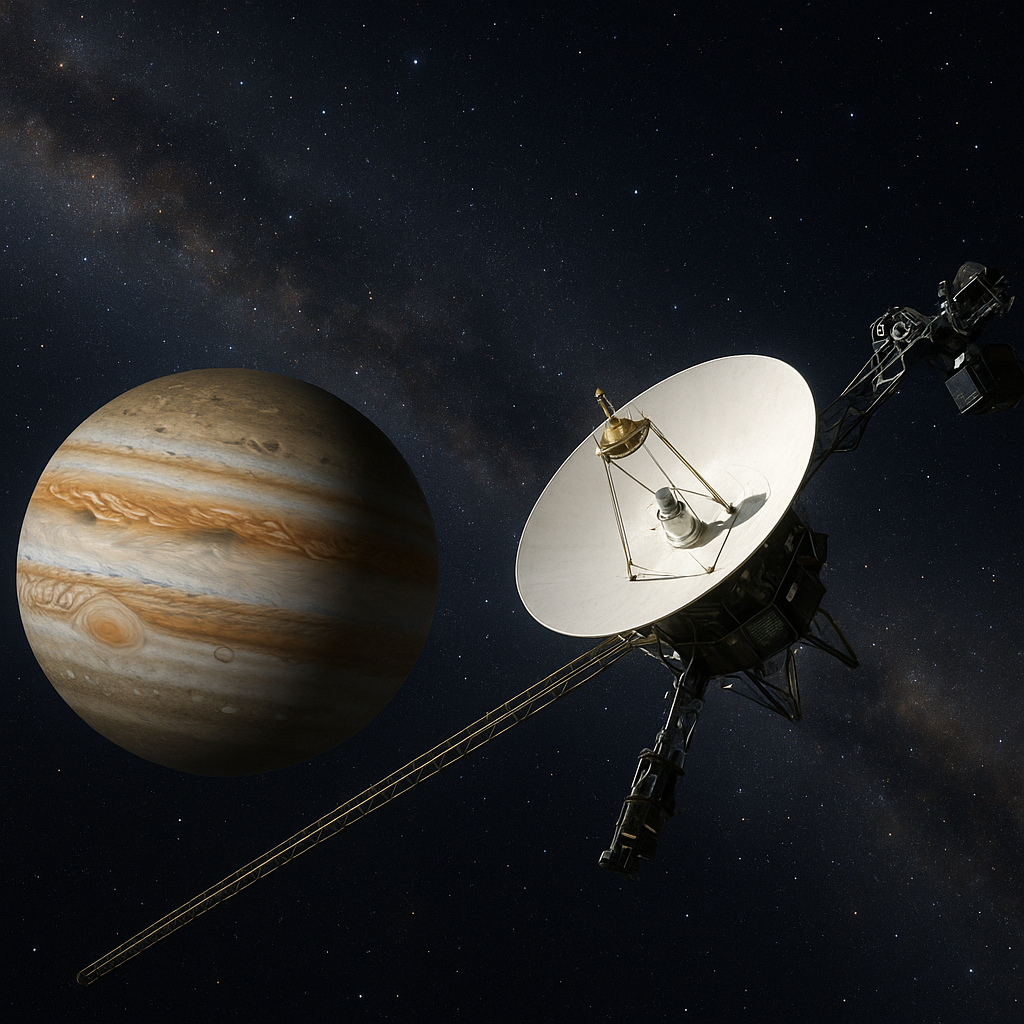The fate of the universe is a question that has intrigued scientists and philosophers for centuries. As we gaze into the night sky, we are not only looking at stars and galaxies but also pondering the ultimate destiny of everything we know. Will the universe continue to expand forever, or is there a different fate awaiting it? This article delves into the current understanding of cosmic expansion and the potential scenarios that could unfold in the distant future.
The Expanding Universe
Our understanding of the universe’s expansion began with the groundbreaking work of Edwin Hubble in the 1920s. Hubble’s observations revealed that galaxies are moving away from us, leading to the conclusion that the universe is expanding. This discovery was monumental, as it provided the first evidence that the universe was not static but dynamic and ever-changing.
The expansion of the universe is driven by a mysterious force known as dark energy. This enigmatic component of the cosmos makes up about 68% of the universe’s total energy content. Dark energy is thought to be responsible for the accelerated expansion of the universe, a phenomenon that was first observed in the late 1990s through the study of distant supernovae.
As the universe expands, galaxies move further apart, and the space between them stretches. This expansion is not limited to the observable universe but affects the entire cosmos. The rate of expansion is quantified by the Hubble constant, a value that has been the subject of intense study and debate among astronomers. Recent measurements have provided more precise estimates of the Hubble constant, yet discrepancies remain, leading to ongoing research and discussion.
Possible Scenarios for the Universe’s Fate
The ultimate fate of the universe depends on several factors, including the nature of dark energy, the total amount of matter in the universe, and the laws of physics that govern cosmic evolution. There are several potential scenarios for the universe’s future, each with its own implications and mysteries.
The Big Freeze
One of the most widely accepted scenarios is the Big Freeze, also known as the Heat Death of the universe. In this scenario, the universe continues to expand indefinitely, with galaxies moving further apart and stars gradually burning out. Over trillions of years, the universe would become a cold, dark, and desolate place, with only remnants of stars and black holes remaining. The Big Freeze is a consequence of the universe’s accelerated expansion, driven by dark energy, which prevents gravitational forces from pulling matter back together.
The Big Crunch
Another possibility is the Big Crunch, a scenario in which the expansion of the universe eventually halts and reverses. In this case, the gravitational attraction between galaxies could overcome the repulsive force of dark energy, causing the universe to contract. Over time, galaxies would collide and merge, leading to a hot, dense state similar to the conditions of the Big Bang. The Big Crunch would effectively be a cosmic reset, potentially leading to a new cycle of expansion and contraction.
The Big Rip
The Big Rip is a more dramatic and less understood scenario. In this case, dark energy’s influence grows stronger over time, eventually tearing apart galaxies, stars, and even atoms. The universe would be ripped apart at a fundamental level, leading to a catastrophic end. The Big Rip is contingent on the properties of dark energy, specifically whether its density increases as the universe expands.
The Role of Dark Energy
Dark energy is the key to understanding the universe’s fate, yet it remains one of the most mysterious aspects of modern cosmology. Its nature and properties are not well understood, and it poses significant challenges to our current theories of physics. Some scientists propose that dark energy could be a cosmological constant, a fixed energy density that permeates space. Others suggest it could be a dynamic field that changes over time.
Understanding dark energy is crucial for predicting the universe’s future. Observations of the cosmic microwave background radiation, large-scale galaxy surveys, and gravitational wave detections are among the tools scientists use to study dark energy. These observations help refine models of cosmic expansion and provide insights into the fundamental nature of the universe.
Conclusion
The fate of the universe is a profound question that touches on the very nature of existence. While current evidence suggests that the universe will continue to expand, the ultimate outcome remains uncertain. The interplay between dark energy, matter, and the laws of physics will determine whether the universe experiences a Big Freeze, Big Crunch, Big Rip, or another fate entirely.
As our understanding of the cosmos deepens, we may uncover new insights that reshape our view of the universe’s destiny. Until then, the question of whether the universe will expand forever remains one of the most intriguing mysteries in science, inviting us to explore the vastness of space and the fundamental forces that govern it.










